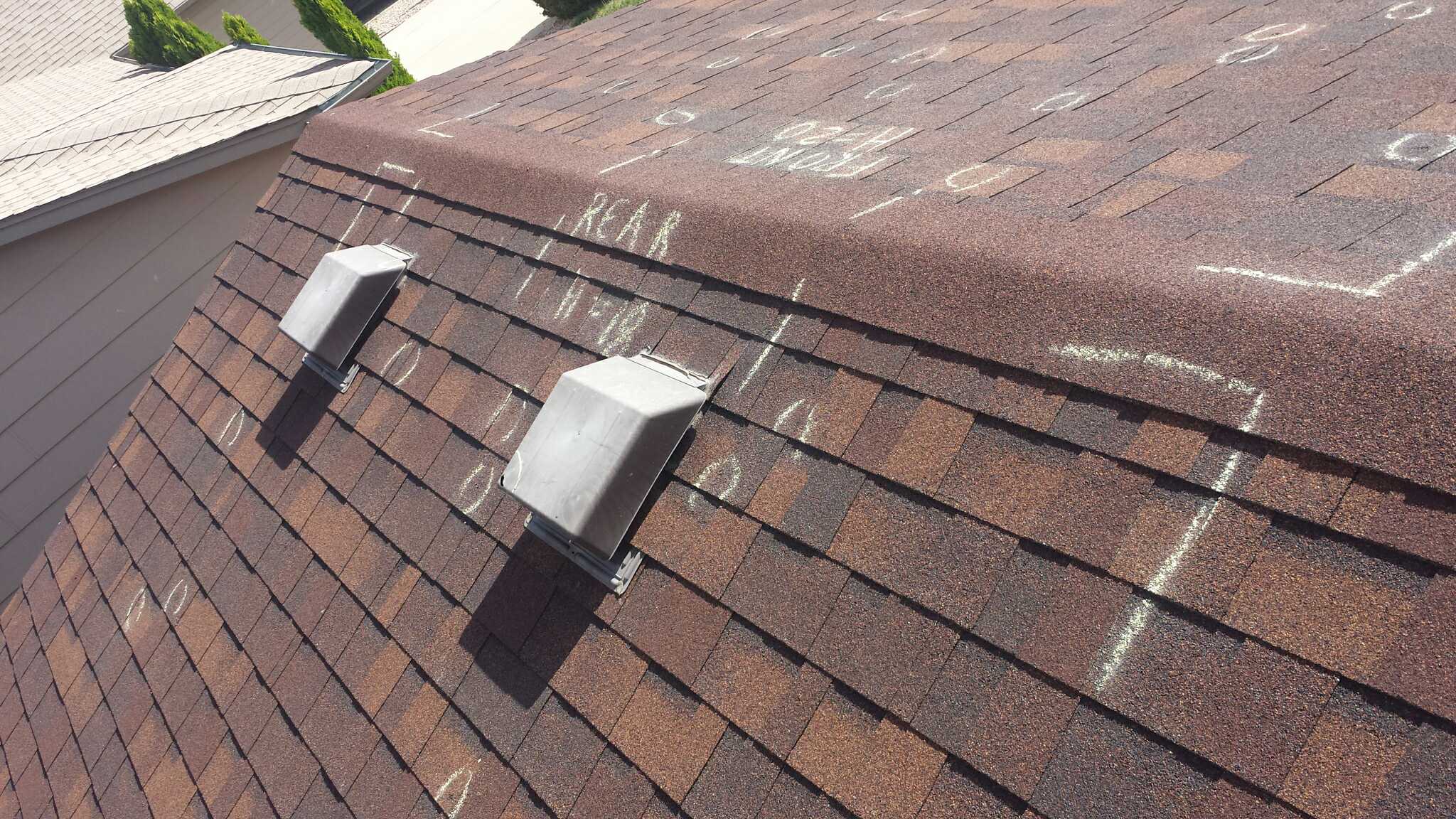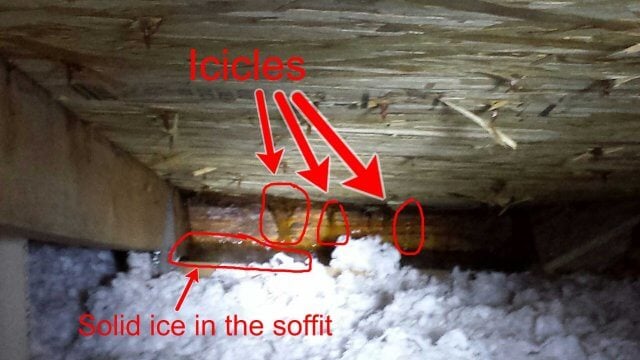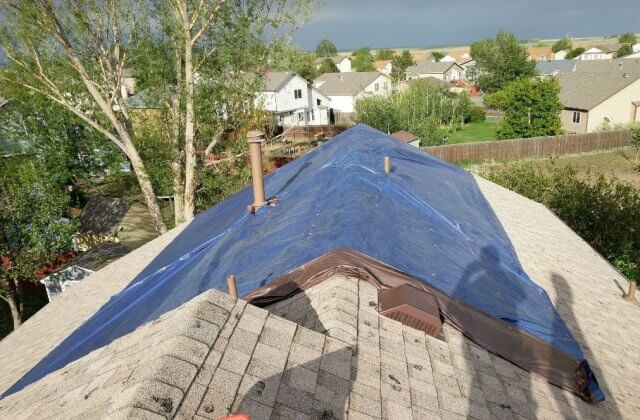Did you know that all of the shingle manufacturers have a requirement that your roof and attic be ventilated correctly in order for your shingle warranty to remain in force?
Do you want to know why this is?
TEMPERATURE REGULATION: Attic ventilation helps regulate the temperature inside your attic space. During hot summer months, heat can accumulate in the attic, causing it to become excessively hot. Without proper ventilation, this excessive heat build-up can basically "cook" your shingles from beneath. This dramatically decreases the performance of the shingles.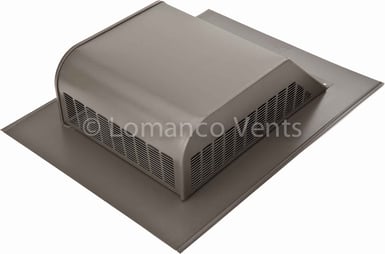
Too much heat build-up can cause thermal cracking or blisters to form in the shingles, and it can also cause the shingles to delaminate. Delamination is when the granules on the surface of the shingles fall off. This leaves the asphalt surface of the shingle exposed to the harsh climate and the shingles can begin to curl, cup, or even fall apart!
ICE DAM PREVENTION: Ice dams are common in cold-weather regions and can creep back under the shingles, causing leaks in the home. An ice dam occurs when warm air from the attic melts snow on the roof, which then refreezes at the eaves, causing water to pool and potentially leak into the home.
Not removing or preventing ice dams can void the shingle manufacturer's warranty in many cases.
When your attic is properly ventilated, the heat can escape and not cause the snow sitting on your roof to melt. The sun will melt the standing snow, but that causes fewer problems than if the snow is melting from underneath. This is what will lead to an ice dam. With a properly ventilated attic space, the attic stays cooler and doesn't lead to melting the snow from underneath.
MOISTURE CONTROL: We regularly get called from homeowners who tell us they have a leak in their roof and that the water is coming through their bathroom vent fan.
This is rarely due to a leaky roof, but is more commonly caused by excessive moisture in the attic. When the moisture condenses enough, it will begin to drip, which can cause stains on the drywall or cause water to trickle back down the vent pipe from the bathroom exhaust fan.
To achieve proper attic ventilation, a balanced system is typically recommended, consisting of both intake vents (such as soffit vents or eave vents) and exhaust vents (such as ridge vents or roof vents). This setup allows for a continuous flow of fresh air into the attic and the exhaustion of hot air, ensuring optimal ventilation and the benefits mentioned above.
How can you, as a homeowner, know if your attic is properly ventilated?
Here's a simply DIY test. Measure the ambient temperature, in the shade, outside the home in the middle or late part of the day. Then measure the temperature in your attic. If the temperature swing is more than 15° - 20°, then you know your attic is storing too much heat and needs better ventilation.
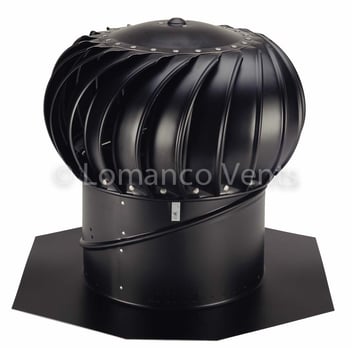 What is the solution to an attic that is too hot?
What is the solution to an attic that is too hot?
If you have intake vents in the soffits of the house, make sure that they're not covered with insulation in the attic. If you have enough intake vents, and they're not covered with insulation, add more exhaust vents.
To do this, the best way to proceed would be to hire a roofing contractor who understands attic ventilation and who can give you a plan for how to best achieve the goals you need in your house. That may be by adding exhaust vents in the form of ridge venting, box vents, pan vents, or turbine vents.
Generally, you should have 1 square foot of ventilation (intake and exhaust) for every 300 square feet of attic space.

